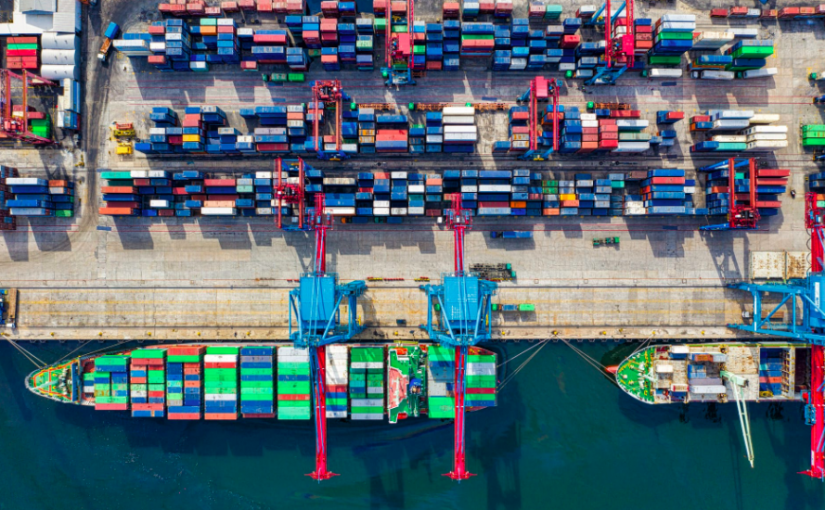Global trade, including PC and electronics shipments to Europe, is likely to be adversely impacted by ongoing attacks on shipping containers in the Red Sea.
Severe disruption is expected following the attacks on commercial vessels by Houthi rebels in Yemen in the Middle East, with some major logistics firms opting to take another route for essential East-West trade. In a pledge of support for Hamas, the Iran-backed Houthis are said to be targeting cargo ships destined for Israel, but there have been reports of vessels with no connection to Israel being hit by drones and missiles.
As reported by BBC News, the danger poses a threat on its own merits, but this is exacerbated by timing pressures on the shipping, resulting in higher costs. PCs, components, and many other essential items will all be affected.
TechPowerUp has also learned from its sources in the Taiwan PC supply chain that “products are on some of these ships that are now stuck waiting for naval escorts through the area.”
Impact on consumers
Stick or twist? That situation faces several major logistics companies such as MSC, Maersk, Hapag-Lloyd, and ICT.
Some of them are making plans to re-route their ships on a more extended, arduous voyage since the escalation of attacks in the Red Sea since the outbreak of the Israel-Hamas war two months ago.
Typically, an electronics shipment from Taiwan to the Netherlands in Europe would take around 25 days via the Suez Canal, linking the Red Sea to the Mediterranean. Still, the fraught route around the Cape of Good Hope, South Africa, means an extended passage that takes around 34 days.
With added time comes the requirement for added resources and, ultimately, higher costs running into millions for the 35% greater distance.
Consumer goods “will face the largest impact” by this disruption, according to Chris Rogers, head of supply chain research at S&P Global Market Intelligence, but he also noted that the current period is outside of the peak shipping season.










